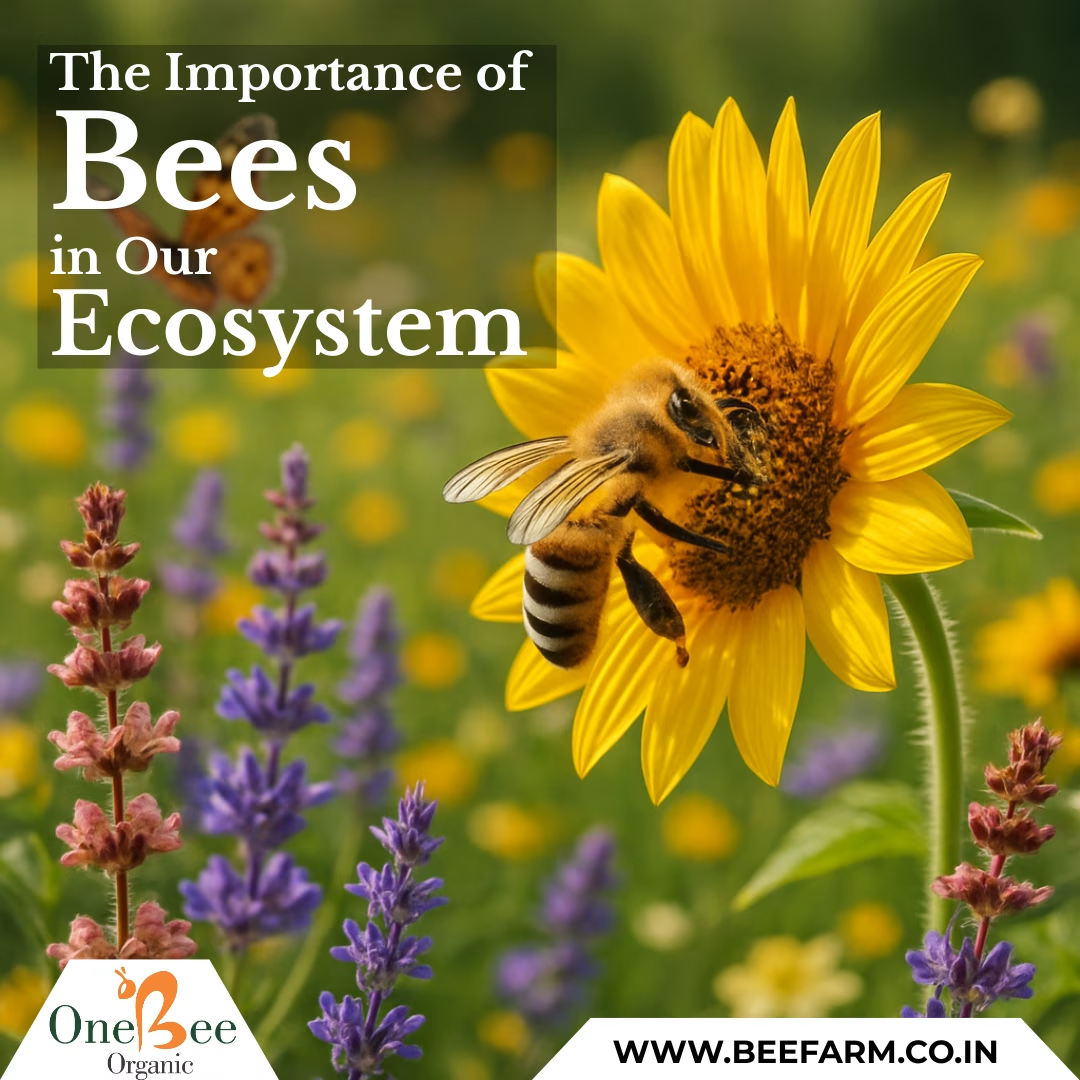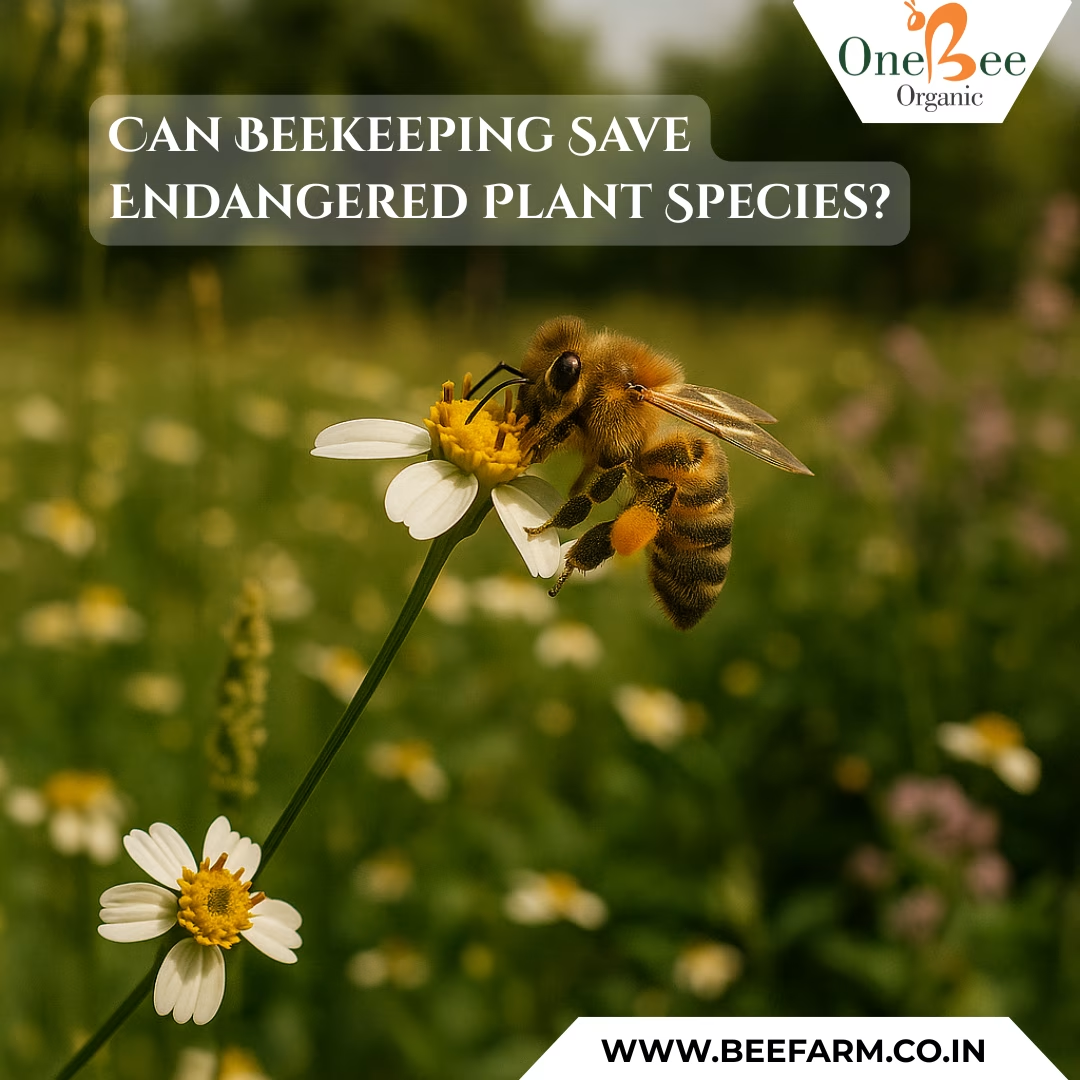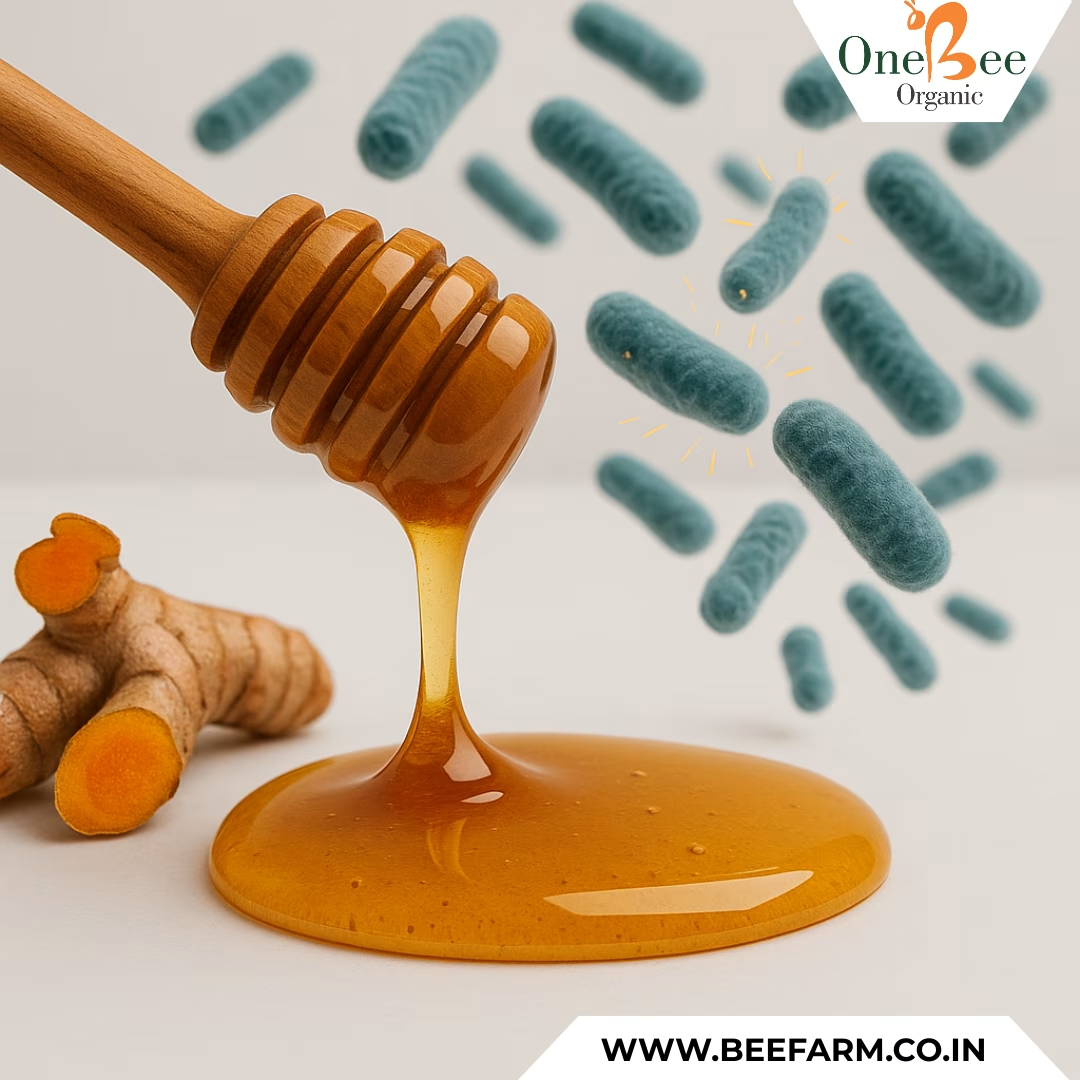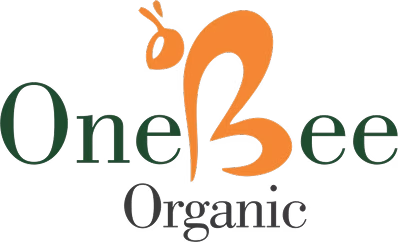The Importance of Bees in Our Ecosystem
When we think of bees, many of us picture sweet golden honey or the occasional sting. But bees are far more than honey-makers—they are essential to life on Earth. These tiny creatures play a massive role in maintaining a healthy ecosystem, supporting agriculture, and protecting biodiversity.
Let’s explore why bees matter more than you might think.
1. Bees Are Master Pollinators
Pollination is the process where pollen is transferred from one flower to another, allowing plants to reproduce. Bees are among the most efficient pollinators in nature.
- Over 75% of the world’s flowering plants rely on pollinators.
- Around 1 in every 3 bites of food you eat exists because of bee pollination.
- Fruits, nuts, vegetables, coffee, and even cotton benefit from bee activity.
Without bees, entire food chains—including ours—would be at risk.
2. Bees Support Global Food Security
Bees don’t just help plants grow—they support the production of healthy, diverse, and nutritious foods. Crops like almonds, apples, berries, cucumbers, and squash depend heavily on bee pollination.
Without bees, global agriculture would suffer:
- Crop yields would plummet.
- Food prices would rise.
- Diets would become less varied and nutritious.
Bees are silent partners in every meal we eat.
3. Bees Protect Biodiversity
By pollinating a wide range of wild plants, bees contribute to the survival of forests, meadows, and grasslands. These ecosystems, in turn, support a wide variety of animals and insects.
Without bees:
- Many plant species would decline or disappear.
- Wildlife dependent on those plants would suffer.
- Ecosystem balance would collapse.
Bees help keep nature’s web strong and connected.
4. Bees Help Combat Climate Change
Healthy ecosystems, supported by bees, store carbon, regulate weather, and filter water. Forests and grasslands that rely on bee pollination are critical carbon sinks that reduce the effects of climate change.
In short, bees support resilient ecosystems that protect the planet.
5. The Threat to Bees Is a Threat to Us All
Despite their importance, bee populations are declining rapidly due to:
- Pesticide use
- Habitat loss
- Climate change
- Pollution
- Disease and invasive species
This decline is not just an environmental issue—it’s a human issue. A world without bees means a world without secure food, clean air, and natural balance.
How You Can Help Protect Bees
You don’t have to be a beekeeper to make a difference. Here are some ways anyone can help:
- Plant bee-friendly flowers like lavender, marigold, or wildflowers.
- Avoid harmful pesticides and choose organic gardening methods.
- Support local beekeepers by buying raw, natural honey (like ours at Beefarm).
- Create habitats with bee hotels or wild garden patches.
- Spread awareness and educate others about bee conservation.
At Beefarm,
We Care About Bees—and So Should You
At Beefarm, we do more than just sell honey. We advocate for sustainable beekeeping, support bee health, and promote awareness of their vital role in the ecosystem. Every jar of honey you buy helps support bee conservation and ethical beekeeping practices.
Final Thought: Small Creatures. Big Impact.
Bees may be small, but their impact is enormous. From your morning fruit to the flowers in your garden, bees are working quietly behind the scenes to keep nature thriving. Protecting bees means protecting our future.








Leave A Comment